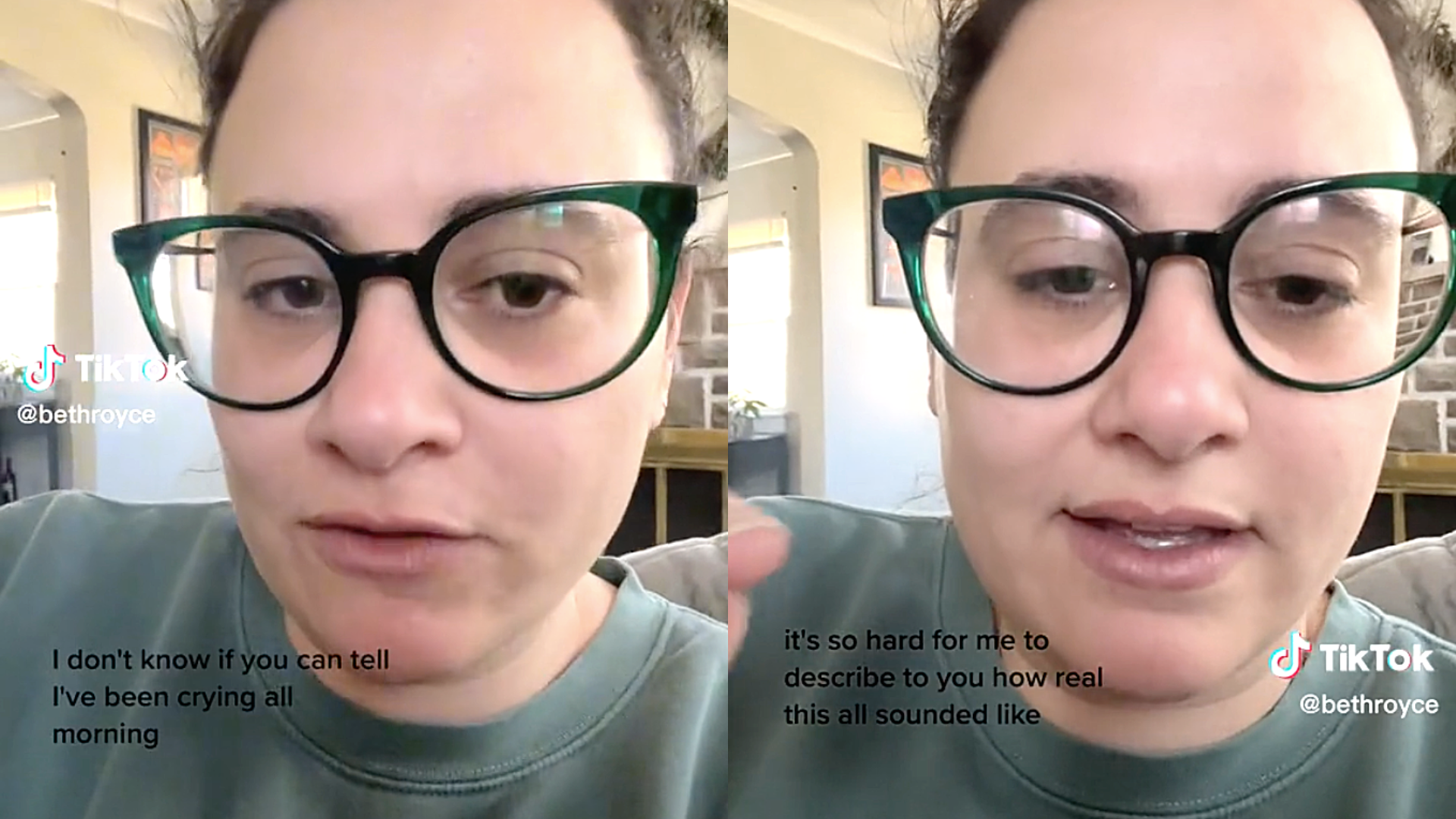Smartphone-savvy scammers have come up with a new hoax that is terrifying and costing people thousands of dollars. The latest cellphone-hacking scam is called “Caller ID Spoofing,” where fraudsters duplicate names and numbers in the target’s phone contact list to pretend that a loved one is being held for ransom. Recently, TikTok user Chelsie Gates from western Alabama became a victim of this scam. Her testimonial of the harrowing experience went viral, alerting the TikTok community to the new modus operandi of scammers.
Gates received a call from her mother’s phone and heard her mother being dragged away from the phone. The scammer took over the phone and threatened Gates, saying he had her mother and would kill her if Gates didn’t send him $1,000 through CashApp or Venmo. Gates was warned not to involve anyone else or inform anyone about the kidnapping. The fraudster aggressively demanded that Gates send him the money as Gates imagined her mother being held hostage at gunpoint at a patient’s house. Despite having only $100, Gates sent the ransom and managed to take a screenshot of the scammer’s CashApp handle and phone number.
Caller ID Spoofing is a tactic used by fraudsters to “deliberately falsify the information transmitted to your caller ID display to disguise their identity,” according to the Federal Communications Commission (FCC). Scammers often spoof phone numbers of people or companies that are in their target’s local community, making it appear more authentic. In Gates’ case, the fraudster duplicated her mother’s phone number and name in her contact list, leading her to believe that the call was from her mother.

Apart from Gates’ experience, there have been other instances where scammers have successfully scammed people through this tactic. In November, a TikTok user known as @AllottaAlexis claimed scammers had spoofed her phone number and called her stepfather threatening to rape and kill her if he failed to send them $1,500. In a separate incident, a man who had just dropped off his daughter at the airport for a trip to New York City last month claimed he received a call from her phone demanding $1,500 in exchange for her life. In both cases, the scammers successfully received payoffs from the panicked parents.
The dangers of Caller ID Spoofing go beyond just financial loss. Scammers use fear and intimidation to force victims to act quickly and without thinking rationally. In Gates’ case, she was warned not to involve anyone else or tell anyone about the kidnapping, which made her feel isolated and alone. Scammers often use violent language and epithets to intimidate victims into compliance, which can have long-lasting psychological effects.
It is important to be vigilant and cautious when receiving calls from unknown numbers. The FCC recommends hanging up on calls that demand immediate action or threaten violence. If you receive a call from someone claiming to be a loved one in trouble, ask them questions that only they would know the answers to, such as their favorite childhood memory or a pet’s name. If the caller is unable to answer, it may be a scam.
In conclusion, Caller ID Spoofing is a dangerous scam that is targeting vulnerable people. It is important to stay informed and alert to prevent falling victim to this hoax. If you or someone you know has been a victim of this scam, report it to the FCC and local authorities immediately. Let’s work together to put an end to this malicious tactic.












